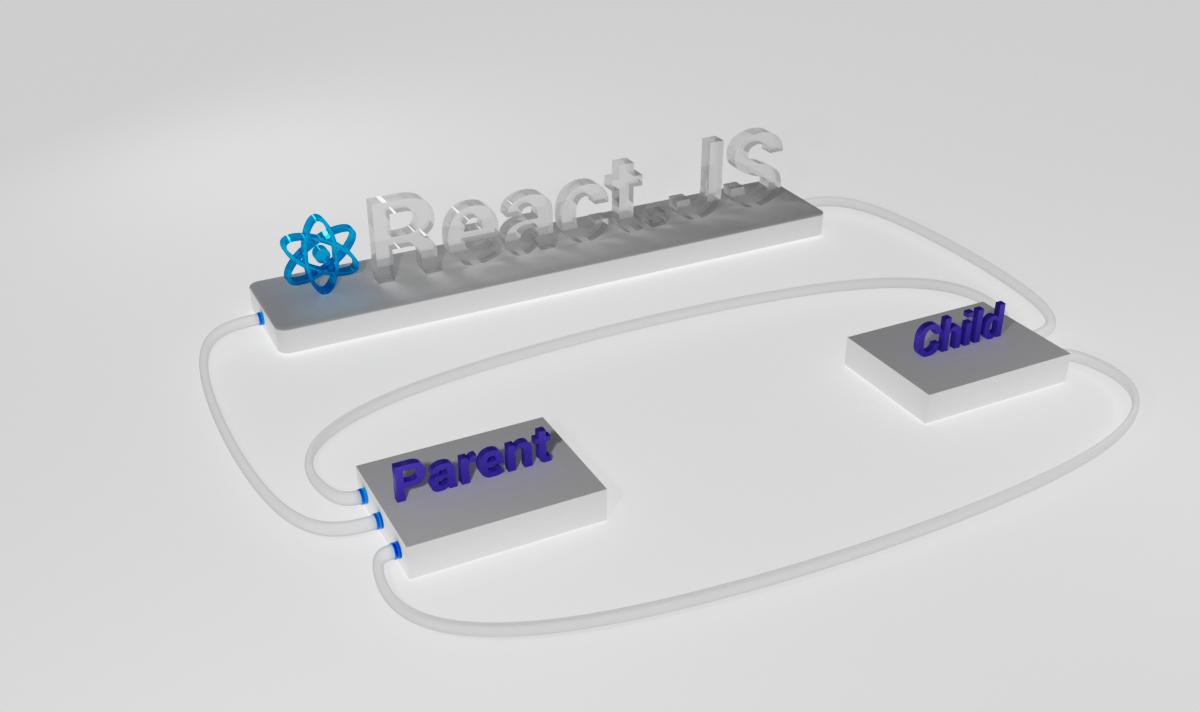Programmers spend a lot of time writing code. Tools like vs code editor can help us along with syntax suggestions and debugging suggestions. But what if we had a tool that used artificial intelligence to help us write much more sufficient portions of code? That defines what is GitHub Copilot.
GitHub Copilot is based on OpenAI’s Codex, a revolutionary language-generation system. The Codex method was trained using terabytes of public code from GitHub and a variety of English phrases. As a result, the tool can write context-based code with unparalleled precision.
It’s currently only available as a Visual Studio Code plugin, and technical preview places are limited.
Persons interested in testing Copilot can join up for the Copilot waiting list since access is presently limited to a select group of testers.
More Than Autocomplete
The autocomplete feature of GitHub Copilot is its most notable feature. When you start typing a function name, Copilot completes it for you. When you write code and add more comments, Copilot’s AI skills begin to understand the entire context of the code. It autocompletes comments in the middle of a phrase using the context.
For example, adding a function generates a whole comment and a function; in this case, you can see a function for determining the sum of two values, as shown below.

Another great Copilot feature is the option to see ten full-page suggestions instead of a single one-liner suggestion and choose which one closely matches the code.
To do so, press ^ + Return on a Mac or Ctrl + Enter on a Windows keyboard, as illustrated below, to bring up a list of choices.

Is GitHub Copilot a code perfectionist?
No. GitHub Copilot tries to comprehend your purpose and create the best code it can, but the code it offers may or may not function or make sense. In a blog post describing the tool, GitHub CEO Nat Friedman noted that “GitHub Copilot draws context from the code you’re working on, suggesting whole lines or entire functions.” The algorithm grows and develops by taking note of whether or not each suggestion is approved.
To get the most out of it, it’s suggested to the code be split into smaller functions, with sensible function names, arguments, and docstrings.
Conclusion
GitHub Copilot isn’t a tool that will just listen to your project idea and code it for you. It’s also not displacing developer positions. However, it is something that can help with coding.
When it comes to small tasks, GitHub Copilot works well. But sometimes, when you ask it to do something more sophisticated, it frequently produces nonsense. Nevertheless, it is an excellent tool for both newbie and professional coders.






